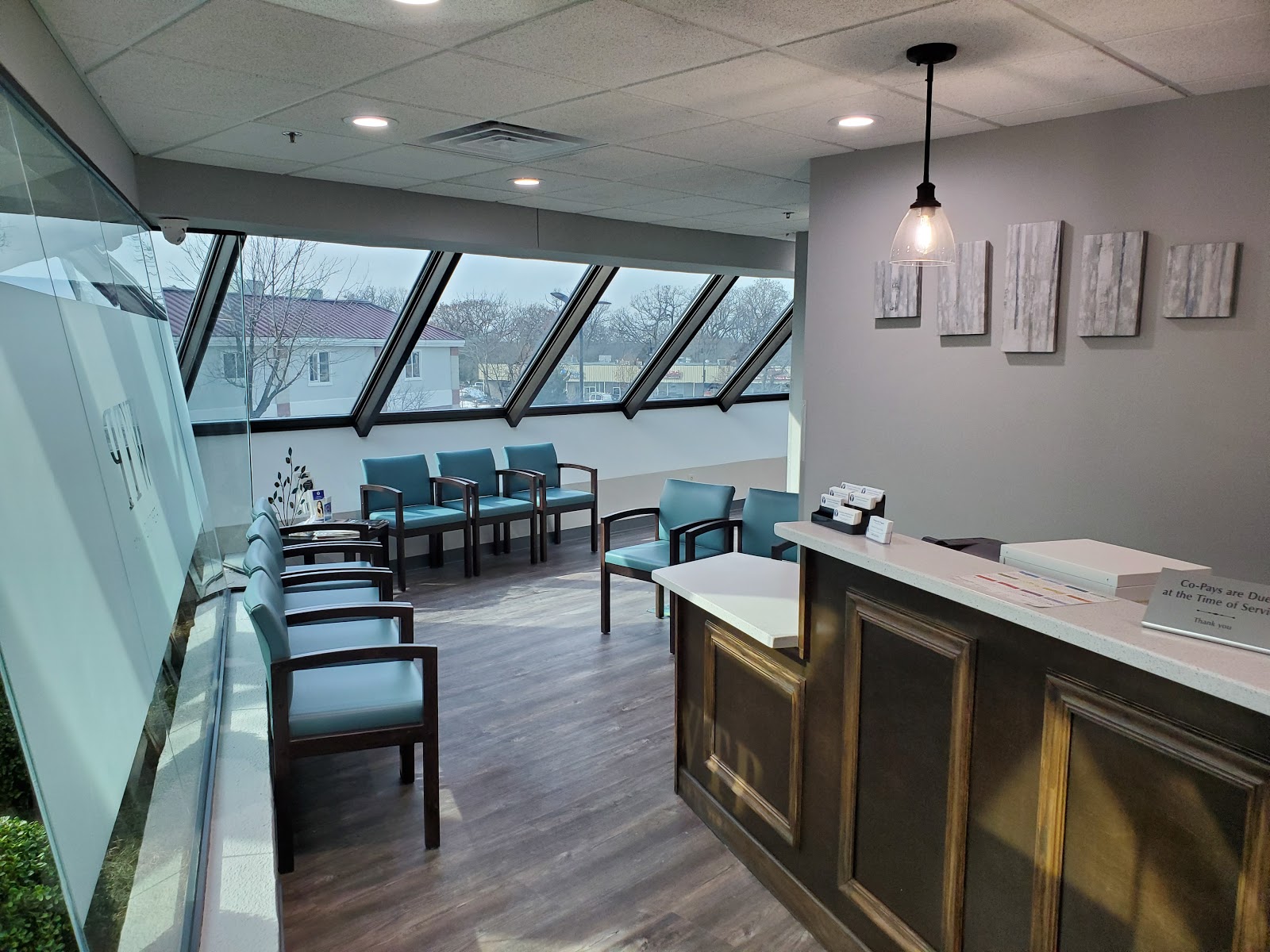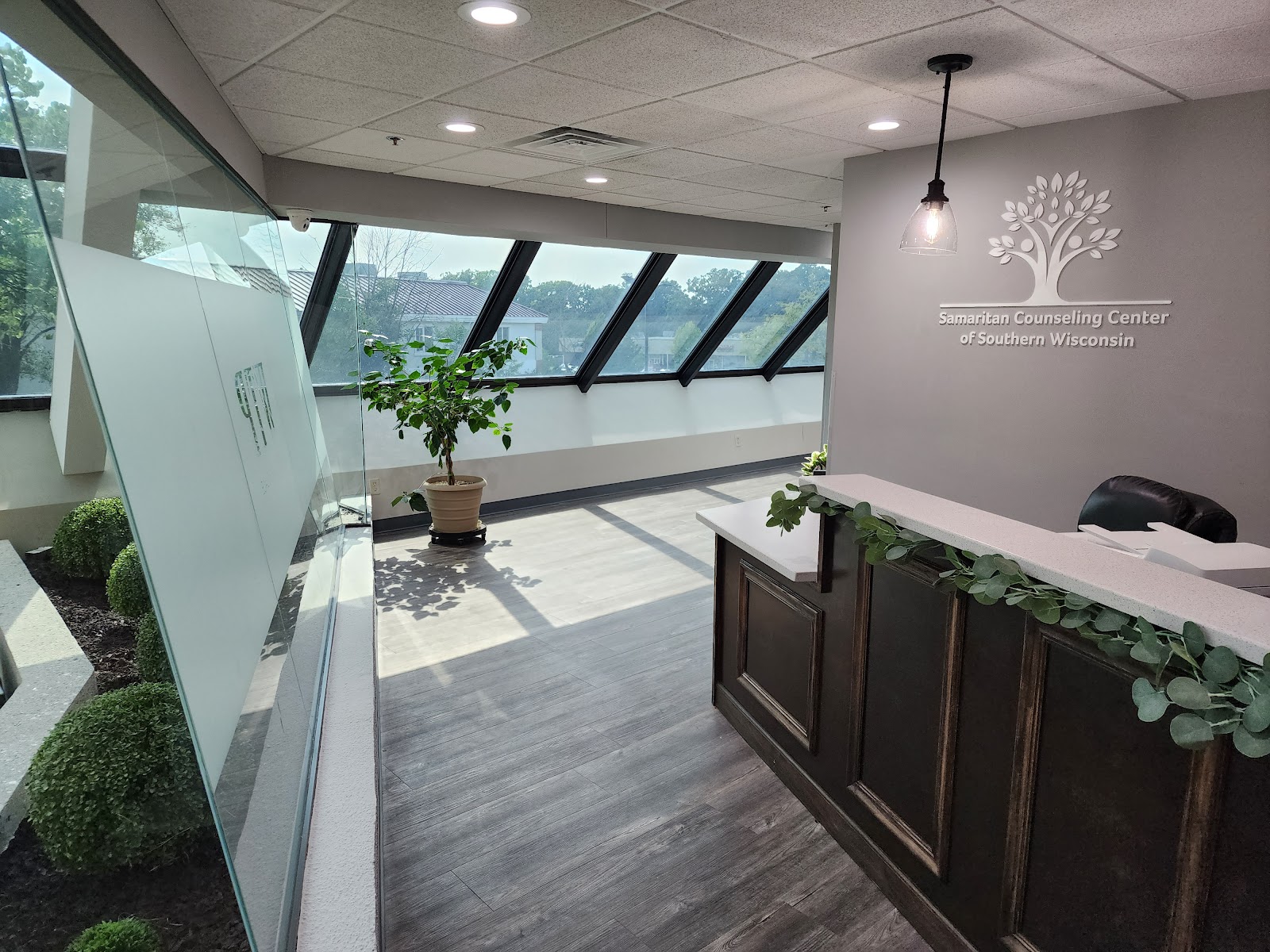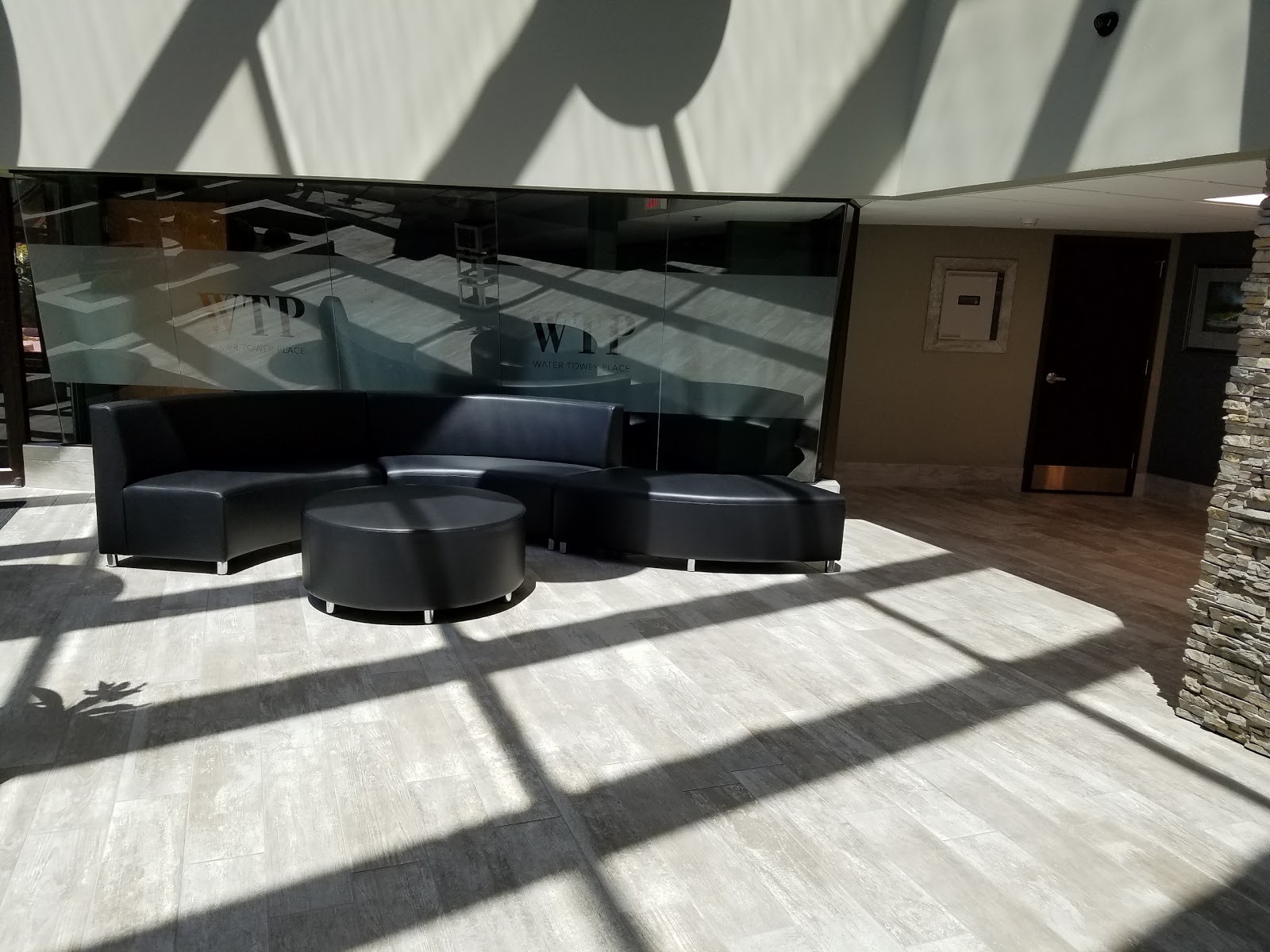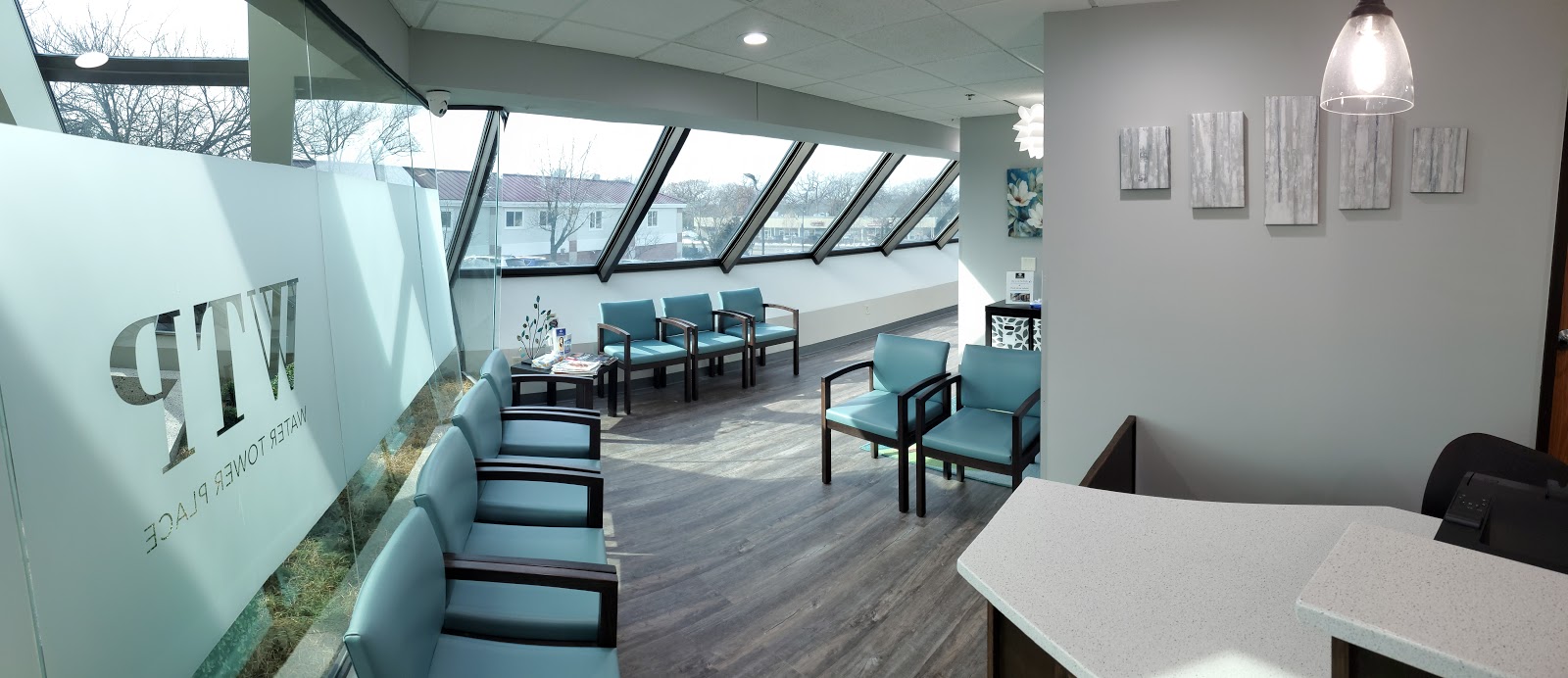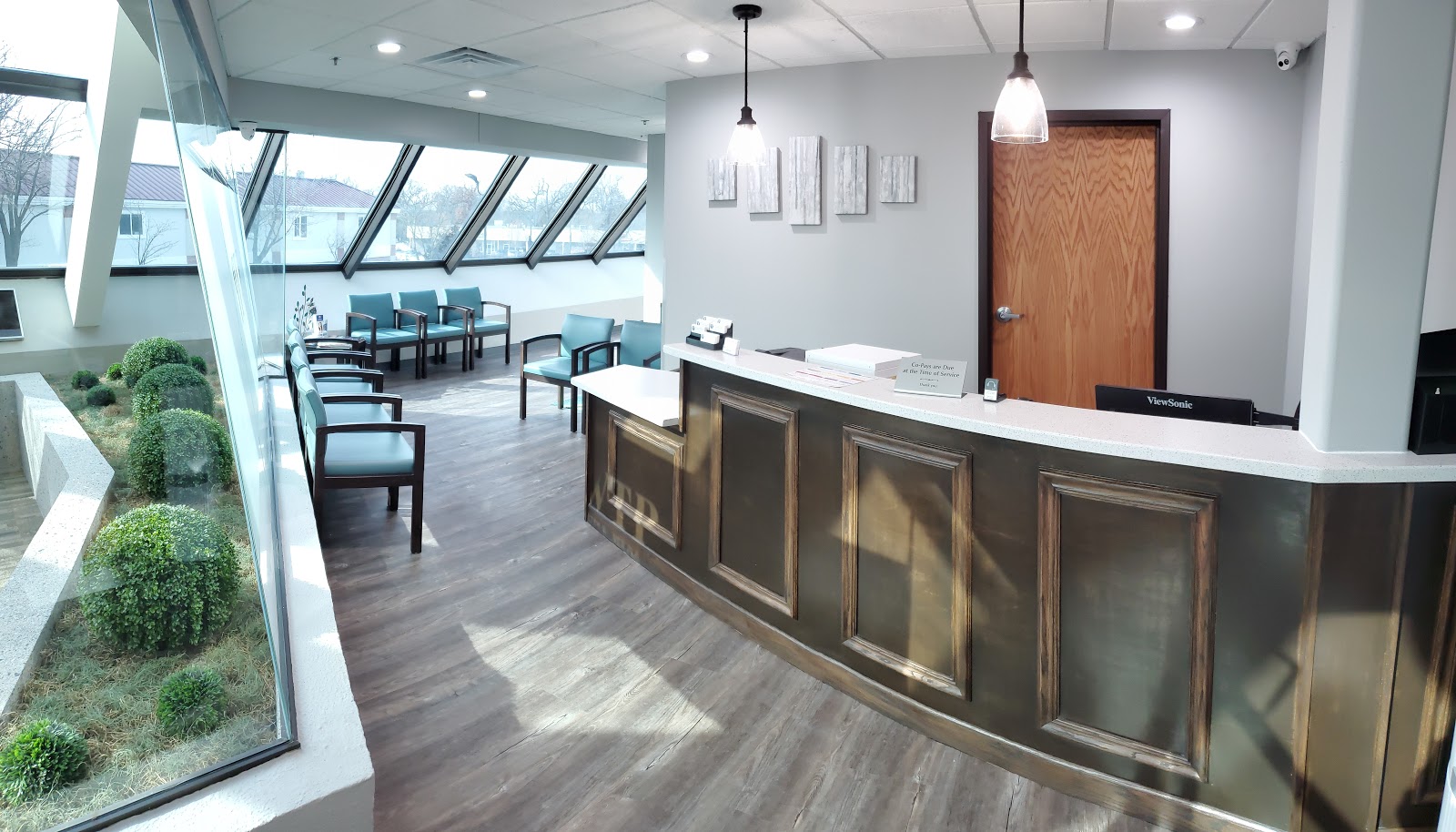Overview
Samaritan Counseling Center of Southern Wisconsin is a substance abuse treatment center for people seeking treatment near Dane County. As part of their treatment modalities for recovery, Samaritan Counseling Center of Southern Wisconsin provides family counseling, individual psychotherapy, and cognitive behavioral therapy during treatment. Samaritan Counseling Center of Southern Wisconsin is located in Monona, Wisconsin, accepting county or local government funds for treatment.
Samaritan Counseling Center of Southern Wisconsin at a Glance
Payment Options
- County or local government funds
- Medicaid
- Private health insurance
- Cash or self-payment
- State-financed health insurance plan other than Medicaid
Assessments
- Comprehensive mental health assessment
- Comprehensive substance use assessment
Age Groups
- Adults
- Children/adolescents
- Young adults
Operation
- Private for-profit organization
Treatment At Samaritan Counseling Center of Southern Wisconsin

Conditions Treated
Mental health treatment:
Mental health treatment provides a safe and structured environment where individuals can receive professional care and support for their mental health challenges. Within the facility, trained therapists, counselors, and medical staff work together to create personalized treatment plans tailored to each person's needs. Patients might participate in a variety of therapies, including individual counseling, group therapy, and possibly medication management. The goal is to equip individuals with the tools and strategies they need to cope with their conditions and lead fulfilling lives.
Substance use treatment:
Substance use rehabilitation is a structured program aimed at assisting individuals in overcoming their dependencies on drugs or alcohol. Through a combination of medical detoxification, counseling, and various therapeutic approaches, these programs strive to address the physical and psychological aspects of addiction. The goal is to equip individuals with the knowledge, skills, and support necessary to attain lasting sobriety, while also working to identify and address the underlying issues contributing to substance misuse. By fostering a supportive environment, substance use rehabilitation centers provide a pathway towards a healthier, substance-free life.
Co-occurring Disorders:
Dual-diagnosis rehabilitation centers focus on treating individuals with simultaneous mental health and substance use disorders. The intertwined nature of addiction and mental health issues can intensify each other's symptoms, complicating recovery. These centers provide a holistic treatment strategy addressing both conditions together, often encompassing thorough evaluations, a blend of therapeutic methods, family counseling, and post-treatment care.

Levels Of Care
Outpatient:
Outpatient treatment in a rehab center offers flexible therapy sessions, typically ranging from 1-3 hours per week, allowing individuals to continue daily activities while receiving care. In contrast, intensive outpatient programs demand a more rigorous commitment, often involving 9-15 hours weekly, providing a more immersive therapeutic environment without the need for inpatient stays.

Treatment Modalities
Family counseling:
Studies consistently show that the likelihood of sustainable recovery increases when family members are involved in rehab and substance abuse treatment. Genetic elements might influence susceptibility to drug and alcohol dependence and mental health challenges. Family interactions frequently contribute to addiction triggers. However, with the right education, family members can become pivotal support pillars during rehabilitation.
Individual psychotherapy:
Individual therapy, often referred to as psychotherapy or counseling, is a one-on-one therapeutic interaction between a trained therapist and a client. It provides a confidential space for individuals to explore their feelings, beliefs, and behaviors, working through challenging memories, experiences, or emotions. The therapist facilitates self-awareness, promotes personal growth and insight, and offers coping strategies to manage specific issues like stress, anxiety, depression, and other life challenges. The ultimate goal is to improve the individual's mental well-being and enhance their overall quality of life.
Cognitive Behavioral Therapy:
Cognitive Behavioral Therapy (CBT) is a evidence-based psychological treatment that focuses on identifying and challenging negative thought patterns and behaviors. It aims to develop coping strategies and promote healthier thinking to address a variety of mental health issues, such as depression, anxiety, and stress. CBT is typically short-term and goal-oriented, emphasizing the role of thought processes in influencing emotions and behaviors.
Dialectical Behavior Therapy:
Dialectical Behavior Therapy (DBT) is a cognitive-behavioral therapeutic approach primarily to treat individuals with borderline personality disorder. It combines standard cognitive-behavioral techniques with distress tolerance, acceptance, and mindfulness concepts. DBT emphasizes the balance between accepting and changing behaviors, aiming to help patients build life skills, regulate emotions, and improve interpersonal relationships. It has since been adapted for and shown effectiveness in treating a variety of other mental health conditions.
Group counseling:
Group Therapy is a therapeutic space where individuals battling addiction come together to share experiences, gain insights, and support one another on their journey to recovery. Facilitated by trained professionals, this setting fosters communal healing and empowers participants to overcome the challenges of addiction through collective strength and understanding.
Marital/couples counseling:
Whether a marriage or other committed relationship, an intimate partnership is one of the most important aspects of a person's life. Drug and alcohol addiction affects both members of a couple in deep and meaningful ways, as does rehab and recovery. Couples therapy and other couples-focused treatment programs are significant parts of exploring triggers of addiction, as well as learning how to build healthy patterns to support ongoing sobriety.
Trauma-related counseling:
Trauma-related counseling addresses the deeply rooted psychological wounds and distress that often coexist with substance use disorders. Recognizing that past traumatic experiences can play a significant role in the onset and persistence of addiction, this therapeutic approach aims to help individuals understand and process their trauma, develop coping skills, and work towards healing. Individuals are better equipped to achieve long-term recovery and improved mental well-being by simultaneously addressing both trauma and addiction.
Ancillary Services
Special Programs
- Clients who have experienced trauma
Contact Information
DISCLAIMER: The facility name, logo and brand are the property and registered trademarks of Samaritan Counseling Center of Southern Wisconsin, and are being used for identification and informational purposes only. Use of these names, logos and brands shall not imply endorsement. BetterAddictionCare.com is not affiliated with or sponsored by Samaritan Counseling Center of Southern Wisconsin.
